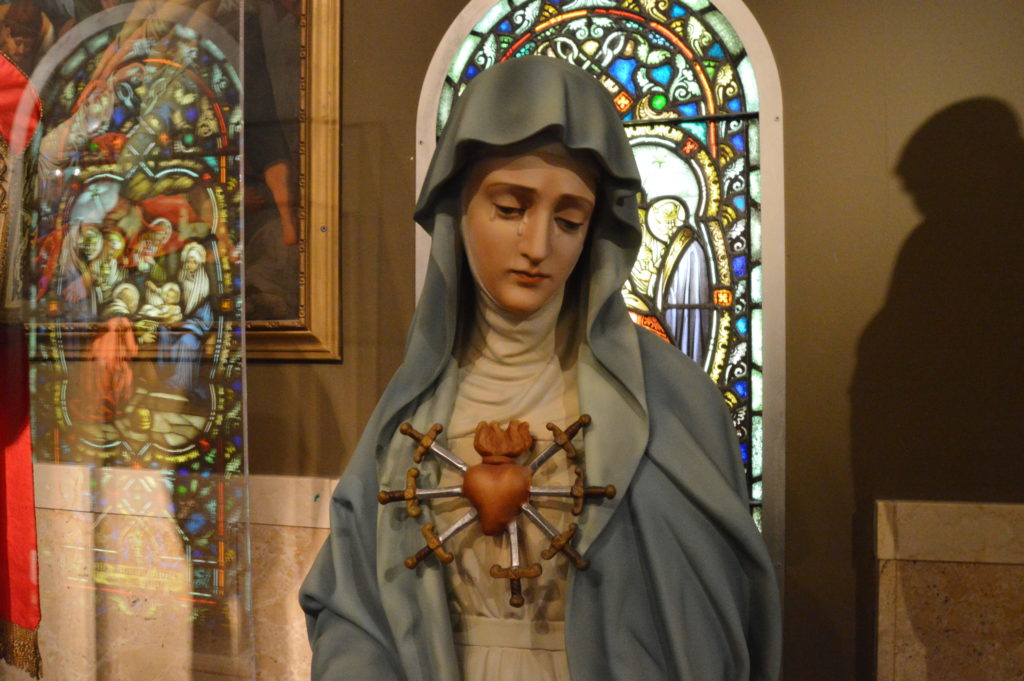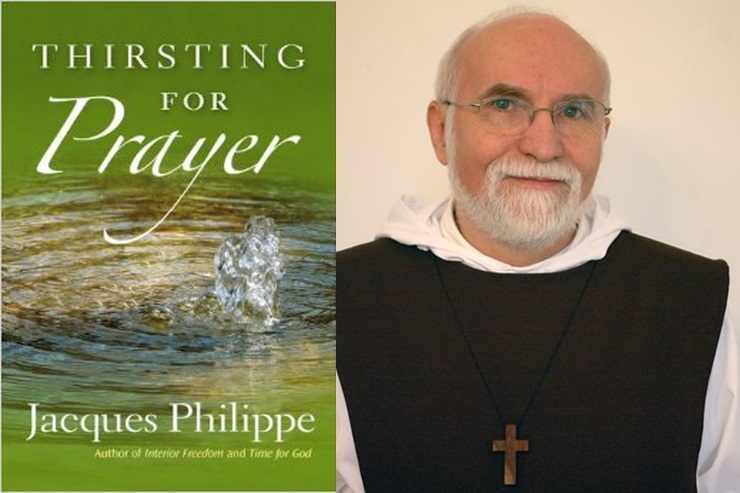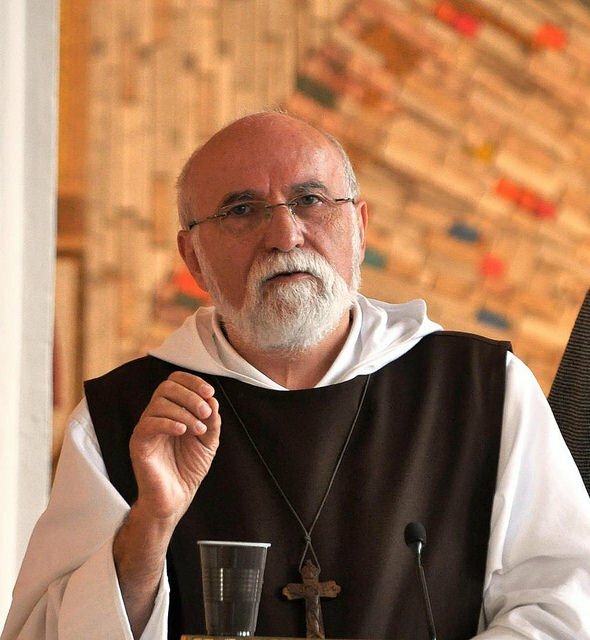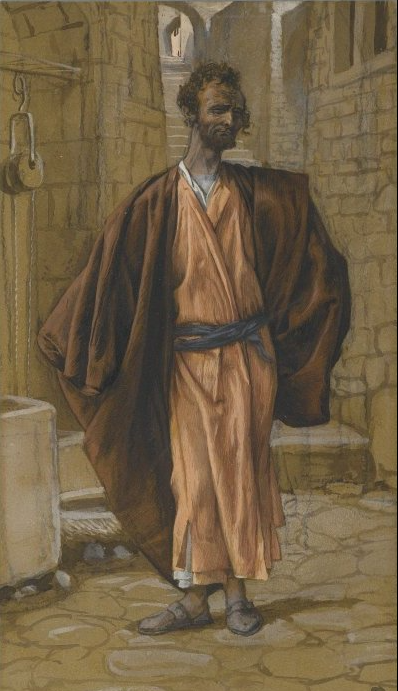I have the feeling, according to Rimbaud’s expression, that “the real life is elsewhere,” elsewhere than in the life that is mine. And that the latter is not a real life, that it doesn’t offer me the conditions for real spiritual growth because of certain sufferances or limitations. I am concentrated on the negatives of my situation, on that which I lack in order to be happy. This renders me unhappy, envious and discouraged and I am unable to go forward. The real life is elsewhere, I tell myself, and I simply forget to live. Oftentimes it would take so little for everything to be different and for me to progress with giant steps: a different outlook, a view of my situation which is one of confidence and hope (based on the certitude that I will lack nothing). And then doors would open to me of unhoped–for possibilities for spiritual growth.
We often live with this illusion. With the impression that all would go better, we would like the things around us to change, that the circumstances would change. But this is often an error. It is not the exterior circumstances that must change; it is above all our hearts that must change. They must be purified of their withdrawal into themselves, of their sadness, of their lack of hope: Happy are the pure in heart; they shall see God (Matthew 5:8). Happy are those whose hearts are purified by faith and hope, who bring to their lives a view animated by the certitude that, beyond appearances to the contrary, God is present, providing for their essential needs and that they lack nothing. If they have that faith, they will indeed see God: they will experience that presence of God which will accompany them and guide them. They will see that many of the circumstances that they thought negative and damaging to their spiritual life are, in fact, in God’s pedagogy, powerful means for helping them to progress and grow. Saint John of the Cross says that “it is very often the case that just when the soul believes itself lost that it gains and profits most.” This is very true. –Father Jacques Philippe ‘Searching For and Maintaining Peace”
I (Virgin Mary, Queen of Heaven in Waiting) asked him to make me his (her son, Jesus) companion and partaker of all his sorrows, sufferings and torments, which request the eternal Father granted. Then in order to begin following in the footsteps of his bitterness, I besought my Son and Lord to deprive me of interior delights; and this petition was inspired in me by the Lord himself, because He wished it so, and because my own love taught me and urged me thereto. This desire for suffering and the wishes of my divine Son led me on in the way of suffering. He himself, because He loved me so tenderly, granted me my desires; for those whom He loves, He chastises and afflicts (Prov. 3, 12). I as his Mother was not to be deprived of this blessed distinction of being entirely like unto Him, which alone makes this life most estimable. Immediately this will of the Most High, this my earnest petition, began to be fulfilled: I began to feel the want of his delightful caresses and He began to treat me with greater reserve. That was one of the reasons, why He did not call me Mother, but Woman, at the marriage-feast at Cana and at the foot of the Cross (John 2, 4, 19, 26); and also on other occasions, when He abstained from words of tenderness. So far was this from being a sign of a diminution of his love, that it was rather an exquisite refinement of his affection to assimilate me to Him in the sufferings which He chose for Himself as his precious treasure and inheritance.
Hence thou wilt understand the ignorance and error of mortals, and how far they drift from the way of light, when, as a rule, nearly all of them strive to avoid labor and suffering and are frightened by the royal and secure road of mortification and the Cross. Full of this deceitful ignorance, they do not only abhor resemblance to Christ’s suffering and my own, and deprive themselves of the true and highest blessing of this life; but they make their recovery impossible, since all of them are weak and afflicted by many sins, for which the only remedy is suffering. Sin is committed by base indulgence and is repugnant to suffering sorrow, while tribulation earns the pardon of the just judge. By the bitterness of sorrow and affliction the vapors of sin are allayed; the excesses of the concupiscible and irascible passions are crushed; pride and haughtiness are humiliated; the flesh is subdued; the inclination to evil, to the sensible and earthly creatures, is repressed; the judgment is cleared; the will is brought within bounds and it’s desultory movements at the call of the passions, are corrected; and, above all, divine love and pity are drawn down upon the afflicted, who embrace suffering with patience, or who seek it to imitate my most holy Son. In this science of suffering are renewed all the blessed riches of the creatures; those that fly from them are insane, those that know nothing of this science are foolish. –Our Holy Mother speaking to Sister Mary of Agreda, “The Mystical City of God”.







Recent Comments